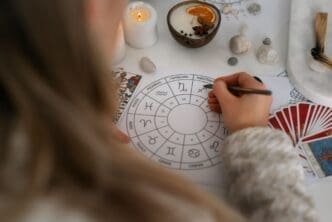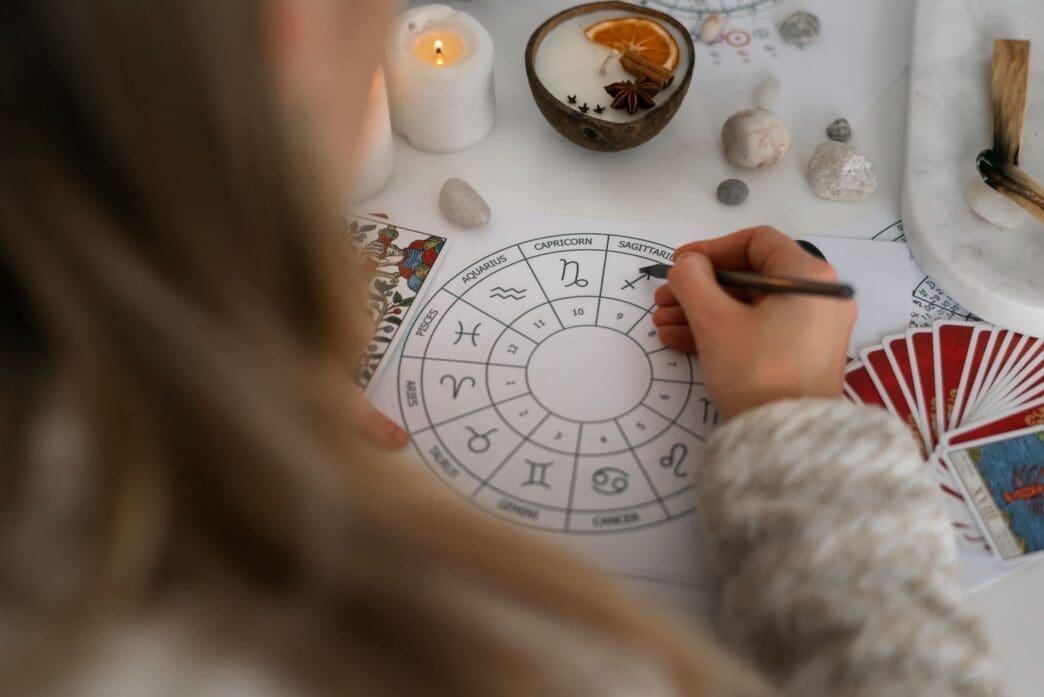Astrology divides the sky into twelve segments, known as houses, each offering insights into different life areas. These astrological houses are essential for interpreting horoscopes, helping to map out how celestial events influence our daily lives and personality traits.
The concept of houses forms a crucial foundation for understanding one’s life and personality. Each individual’s astrological birth chart is divided into twelve distinct segments, known as houses, and each house governs different aspects of life. This division offers insightful interpretations linked to horoscopes and planetary transits.
The first of these is the House of Self. It represents personal identity and outward behavior. Astrologically, it influences how individuals perceive themselves and how they are perceived by others. It’s a window into aspects of personality and appearance.
The Second House is known as the House of Possessions. It deals with financial matters, personal belongings, and even intangible aspects, such as self-worth. This house can reveal insights into a person’s approach to wealth and their material needs.
Communication, critical to daily life, falls under the Third House, the House of Communication. It covers all forms of information exchange and emphasizes the importance of learning, teaching, and expression in one’s astrological profile.
The domain of home and family comes under the Fourth House. This House of Family & Home highlights roots, ancestry, and emotional foundations. It provides clues about domestic life and familial influences that shape one’s character.
Pleasure, creativity, and entertainment find their astrological representation in the Fifth House. Often called the House of Pleasure, it encompasses love affairs, artistic pursuits, and hobbies, reflecting how joy and creativity manifest in life.
Health and routine, essential to day-to-day stability, are governed by the Sixth House. This House of Health spans wellness, daily tasks, and service, showing how these elements contribute to personal development and lifestyle.
The Seventh House, or the House of Partnerships, governs one-on-one relationships, including marriage and business partnerships. It delves into how individuals approach commitments and cooperation with others.
Intimacy and shared resources are the focus of the Eighth House, known as the House of Sex. It explores themes of transformation, power dynamics, and the merging of assets, both emotional and financial.
The Ninth House governs philosophy, travel, and higher education, offering insight into an individual’s pursuit of knowledge and belief systems. It reflects the search for meaning and understanding beyond the immediate environment.
Ambition and social standing are at the heart of the Tenth House. This House of Social Status highlights career achievements and societal roles, shedding light on aspirations and the desire for public recognition.
Friendship and community involvement fall under the Eleventh House, known as the House of Friendships. It also touches on aspirations and how group affiliations influence personal growth.
Finally, the Twelfth House embodies the subconscious and elements that are hidden from view, including dreams and intuition. As the House of Subconscious, it deals with endings and the mysteries of the psyche.
Astrological houses provide a structured approach to understanding the complex layers of individual life experiences and behaviors. Through analyzing each of the twelve houses, one can gain a deeper awareness of personal strengths, challenges, and potential pathways for growth. This comprehensive framework allows astrologers to offer nuanced readings that reflect the multifaceted nature of human existence.








